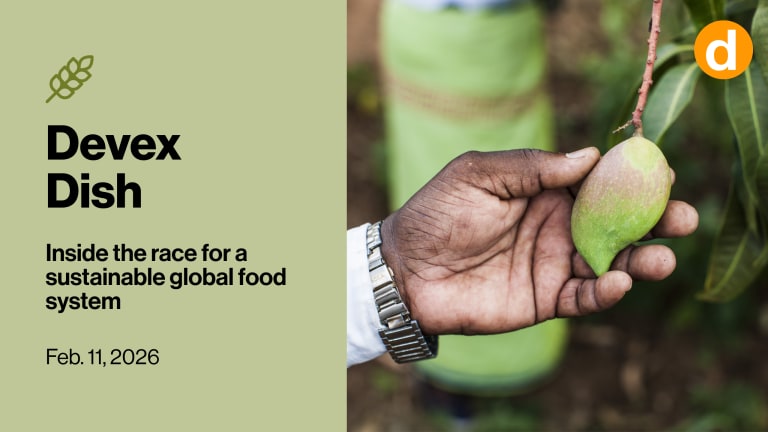
Within organizations, there can be tension between those doing the research and those doing communications work. Which team leads and which follows? How do they work together in a way that makes sense? And is it possible for researchers to also serve as advocates?
For me, research is a means to an end, either to answer a question or to figure out the right question to ask. I am motivated by the possibility that my work will make a difference to some of the billions of people who are much less fortunate than I am. And so I believe that good researchers can be good advocates.
There is nothing inconsistent about being dispassionate about the research process while being passionate about communicating the findings in ways people can understand. Evidence-driven policy generation is the goal, but you have to have safeguards against exclusively policy-driven evidence generation.
High-quality research must be rigorous (will people believe you?), original (does it advance thinking in the field?) and relevant (will people want to use it?). Too often, researchers only equate quality with rigor. We also have to take into consideration who will be reading our research. As an economist writing about hunger and nutrition, I’m most worried about how nutritionists will view my work. One of the things I like about nutrition is that it takes you into every nook and cranny of development: poverty, education, agriculture, governance, conflict, climate, HIV, social capital — you name it. I have a broad set of interests and nutrition is a way to focus them in a way that is tangible and human.
Last November, the International Food Policy Research Institute released the first Global Nutrition Report for which I was lead author. It has been successful, downloaded more times than the 2014 World Development Report. How did we do it? Holding a launch event at ICN2 in Rome was a way to get both quality and quantity in uptake. By quality, I mean that we could target the key decision-makers and invite them to participate in roundtable discussions. And we had both an independent expert group and stakeholder group that helped with the concept, writing and dissemination of the report, which proved invaluable.
The roundtable discussions — held in such places as London, New Delhi, Mexico City, Washington, D.C., Addis Ababa, Jakarta, Lusaka, New York and Tokyo — provided a good way to engage with national media, getting stories in daily newspapers and on websites.
Blogs and tweets months before and after the launch in Rome also helped build awareness of the report’s existence and stimulated demand. Translating the report into languages, including French, Spanish, Portuguese and Japanese, also helped us reach diverse audiences.
Of course some of the burden of doing outreach on such reports falls on the researcher. I enjoy blogging and tweeting. Writing a regular blog helps me to be brief, use plain language and be a bit more playful. It also forces me to read more widely than I normally would and helps me to organize my thoughts. I blog once or twice a week and tweet two or three times a day. Tweeting is a way of sharing links related to new articles, papers, reports and meetings. Following key tweeters helps me stay on top of the buzz.
I became a development researcher because I have an aptitude for research, but also because I am idealistic. The existence of billions of hungry and malnourished people is a grave injustice, one that research can help counteract. But you have to learn your research craft before you can leverage it. My view is that in the first 10-15 years post-doctorate, you should focus on building your own profile as a researcher. In the second 10-15 years, you should help build the profile and depth of your field, and the next 10-15 you really should invest big-time in your institution.
For those first 10-15 years, worry more about rigor and originality. After that, it is a more even balance between rigor, originality and relevance. You won’t be able to balance these three in any one paper or report but, as a portfolio of work, you should try to publish in top-line places such as the Economic Journal or the Lancet, in more policy-focused journals, and in a series of nonpeer-reviewed publications, which are more widely read than journal articles.
Whatever you do, wherever you are in your career cycle, you always have to worry about quality. Once we lose that, we lose all chance of influence. But worrying about quality is no excuse for not worrying about relevance, influence and impact. We have a moral obligation to have as positive an impact on people’s lives as we possibly can.
Join the Devex community and access more in-depth analysis, breaking news and business advice — and a host of other services — on international development, humanitarian aid and global health.








